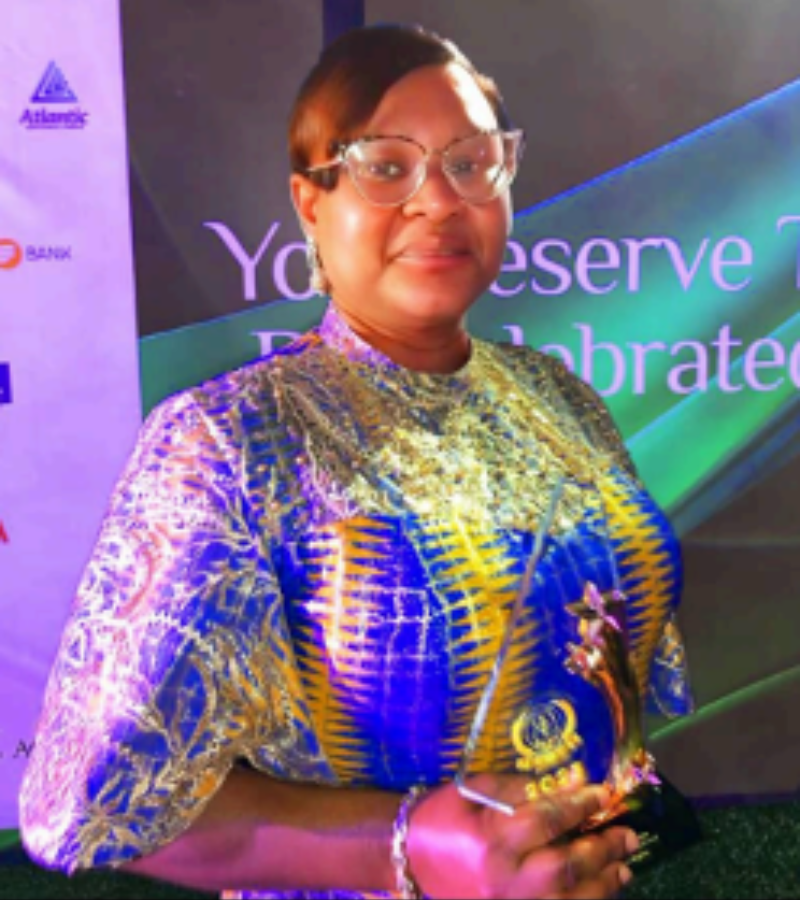KORLE KLOTTEY MUNICIPAL PROFILE
The Korle Klottey Municipal Assembly (KoKMA) is one of the Two Hundred and Sixty-one (261) MMDAs and among the Twenty-Nine (29) in the Greater Accra Region of Ghana. Situated in the South Eastern and diagonally located between Latitudes 5°32″”50′ N and Longitudes 0°11″”15′ W and Latitudes 5°38″”0′ N and Longitudes 0°7″”50′ W. The Municipal Assembly was carved from the Accra Metropolitan Assembly and established in 2019. It was inaugurated on the 19th of February, 2019 with five sub-municipals namely Osu, Tema Station, Tudu, North Ridge and Adabraka, with its capital in Osu. The Assembly was established by Local Government Act 1993, (Act 462) which has been amended as Local Government Act, 2016 (Act 936) with Legislative Instrument (LI) 2365. It has a land size of 12sqkm (0.37% of the total land size of GAR). The Municipality’s population in 2024 is estimated at 71,276.
Vision
The Vision of the Korle Klottey Municipal Assembly (KoKMA) is, ‘A world class city with modern infrastructure, quality social services, resilient environment and an investor friendly destination’.
Mission
Mission Statement is to provide socio-economic development for its citizens and visitors through effective mobilization and deployment of fiscal, human, material and natural resources with stakeholders’ collaboration.
Core Values
The Core values with which the Assembly operates include;
• Teamwork
• Dedication
• Discipline
• Client focus
• Transparency
Geographical and Environmental Information
The location of the Assembly supports local economies such as fishing, fish processing, and subsistence farming. The area experiences two rainy seasons with an average annual rainfall of 730mm and a mean monthly temperature range of 24.7°C to 33°C. The vegetation includes terrestrial and coastal zones, but human activities have altered the original landscape. The drainage system is inadequate, causing flooding in the area. Geologically, the area consists of various rock formations and diverse soil. The built environment has largely overtaken the natural environment, with urbanization contributing to numerous challenges such as waste disposal and environmental degradation.
Cultural and Demographic Information
KoKMA’s cultural diversity is enriched by the presence of various ethnic groups, and traditional administration structures, play a vital role in local governance and community engagement. It has a dominant Christian population, with a smaller percentage practicing Islam and Traditionalism. The Assembly has eleven electoral areas and is represented by eleven elected assembly members.
Economic profile
The economy is dominated by the informal sector, with a focus on retail businesses. The Municipal has over 100 financial institutions and serves as the headquarters for major financial institutions in the country. Tourism is a significant opportunity for job creation and income generation, with several hotels and sandy beaches attracting domestic and international tourists. Agriculture is mainly subsistence smallholder production, with a focus on fishing and aquaculture.
Infrastructure and Services
The education sector has inadequate facilities, despite increasing enrolment at all levels. The health sector has high access zones, with eight public and eighteen private facilities including the Greater Accra Regional Hospital and Accra Psychiatric Hospital situated within the Municipality.
All communities within the district have access to safe drinking water, but sanitation is a challenge. The road network in KoKMA is generally good, but certain areas require maintenance.
The Assembly is headed by the Municipal Chief Executive (MCE) who is nominated by the President and approved by a two-thirds majority of the Assembly Members present and voted. The MCE is also the head of the Executive Committee of the Assembly which reviews the sub-committee reports. The Municipal Coordinating Director coordinates all the activities of the various departments and is also the Secretary to the General Assembly.



